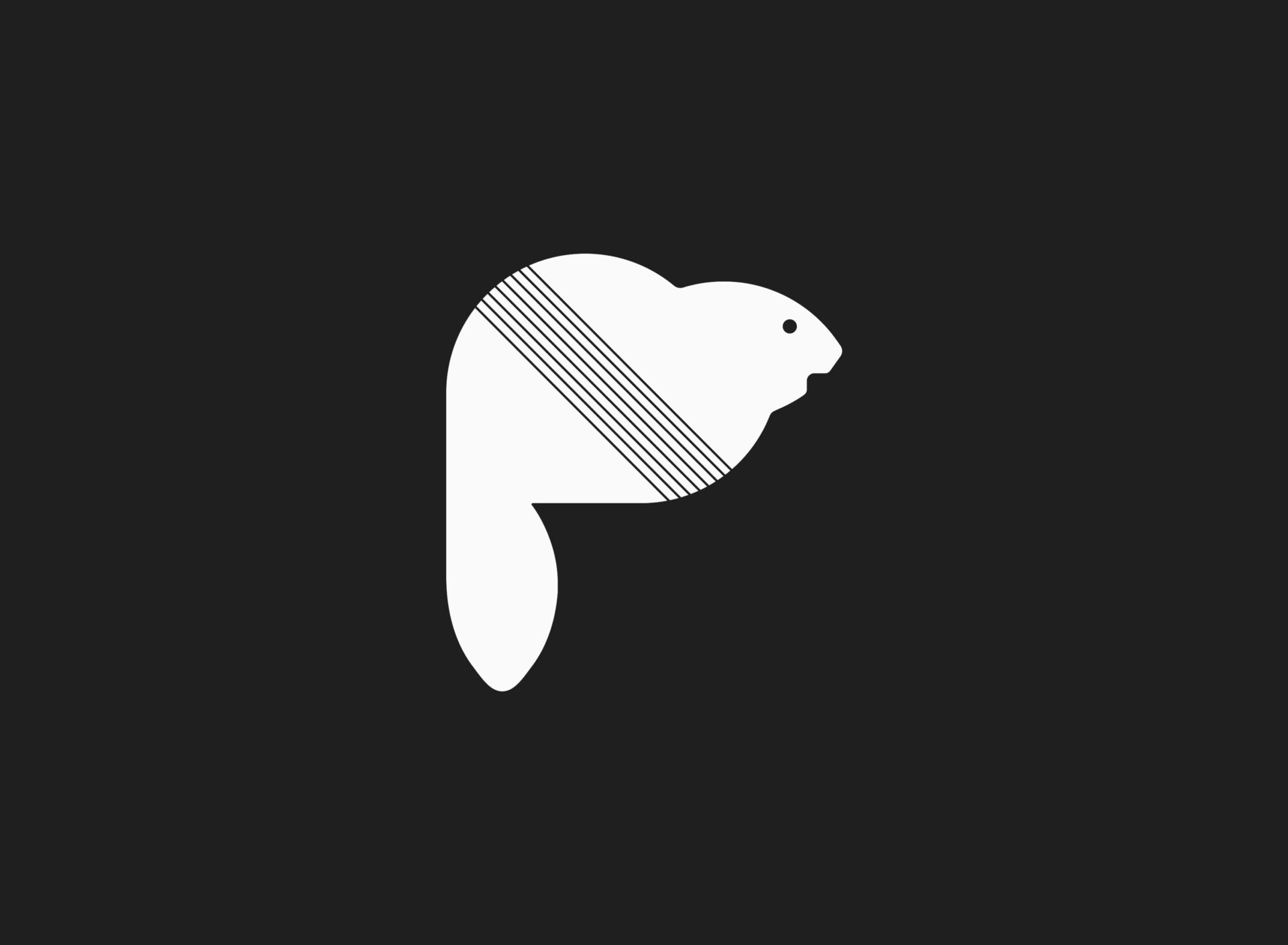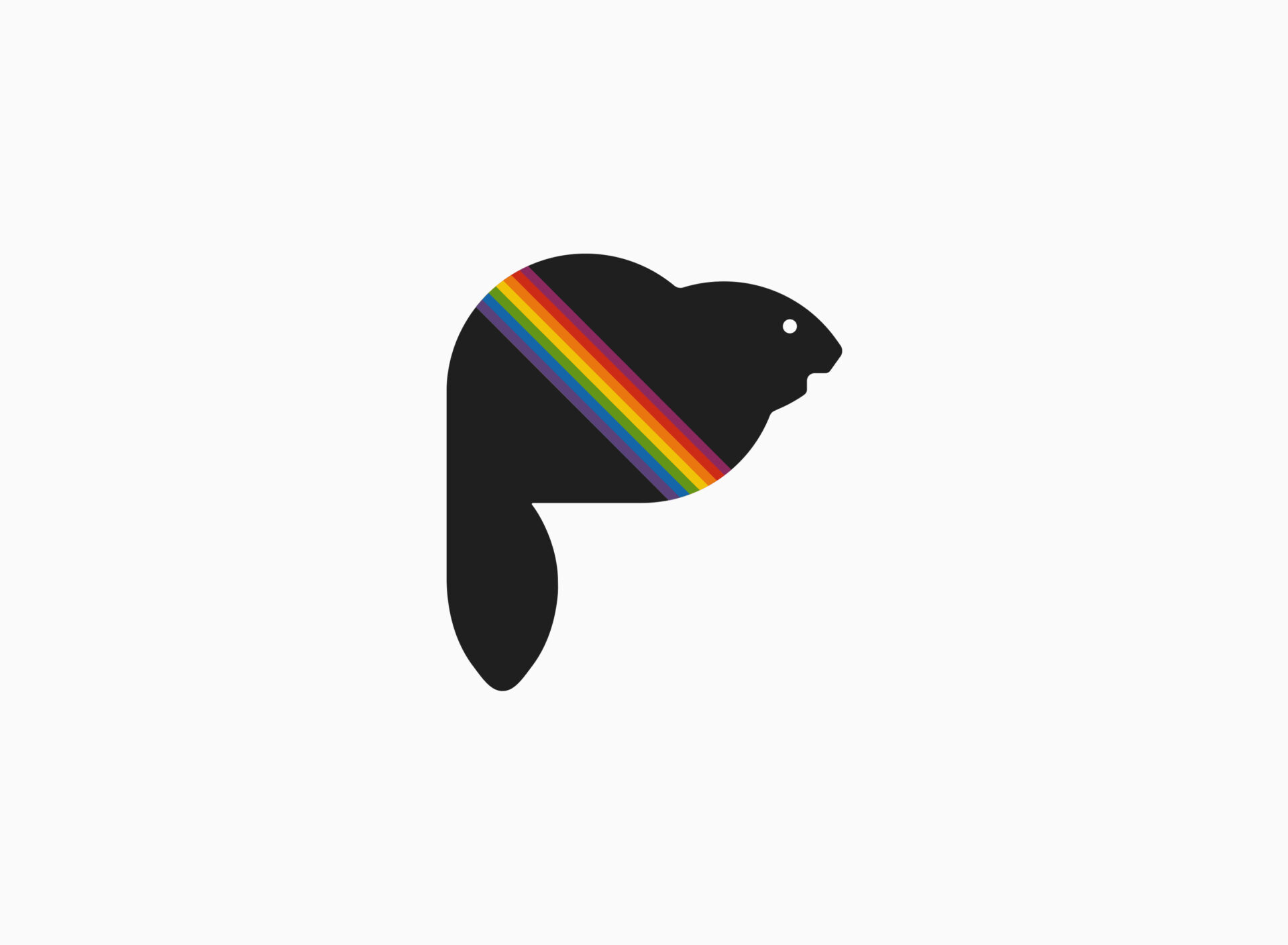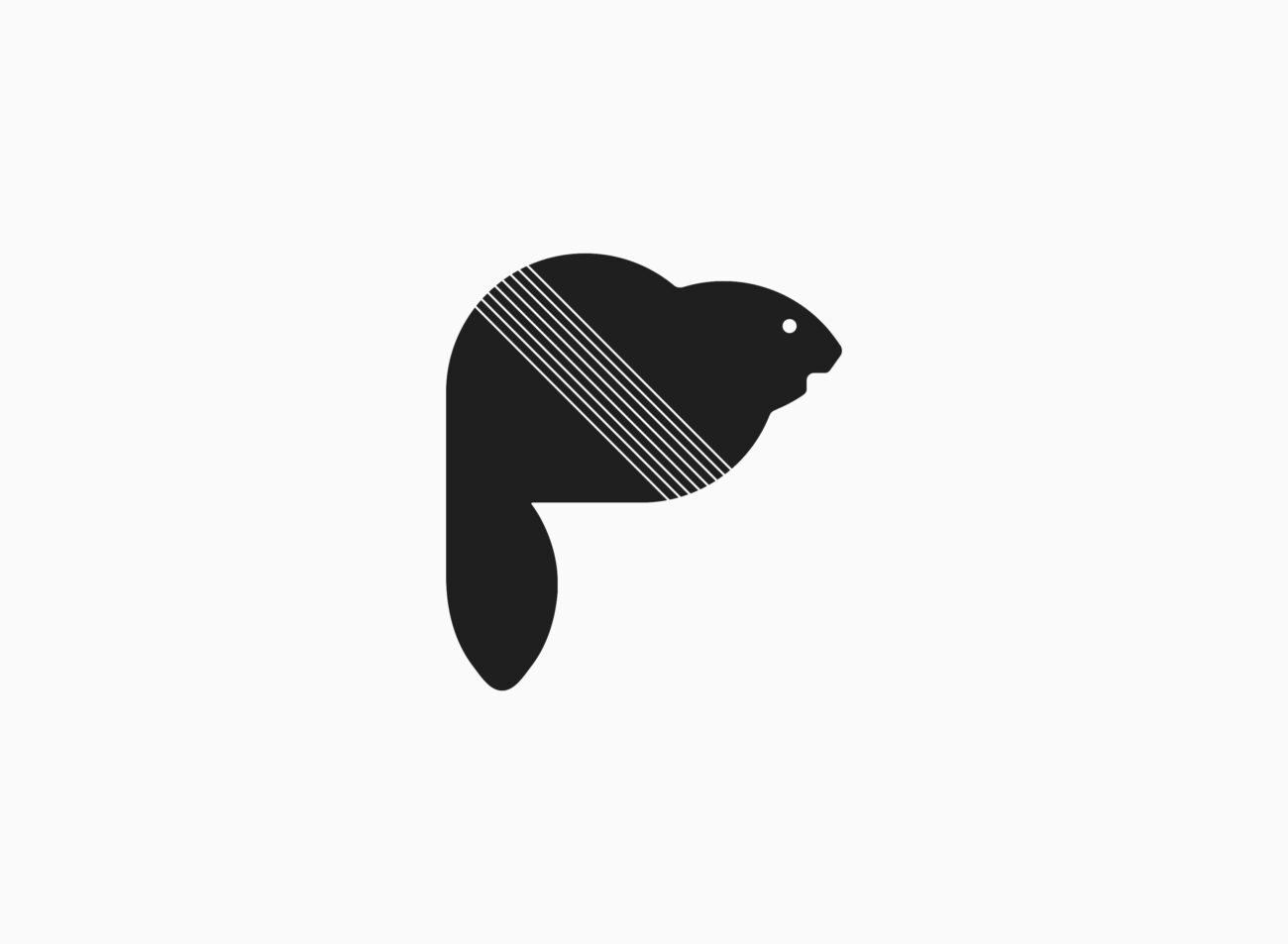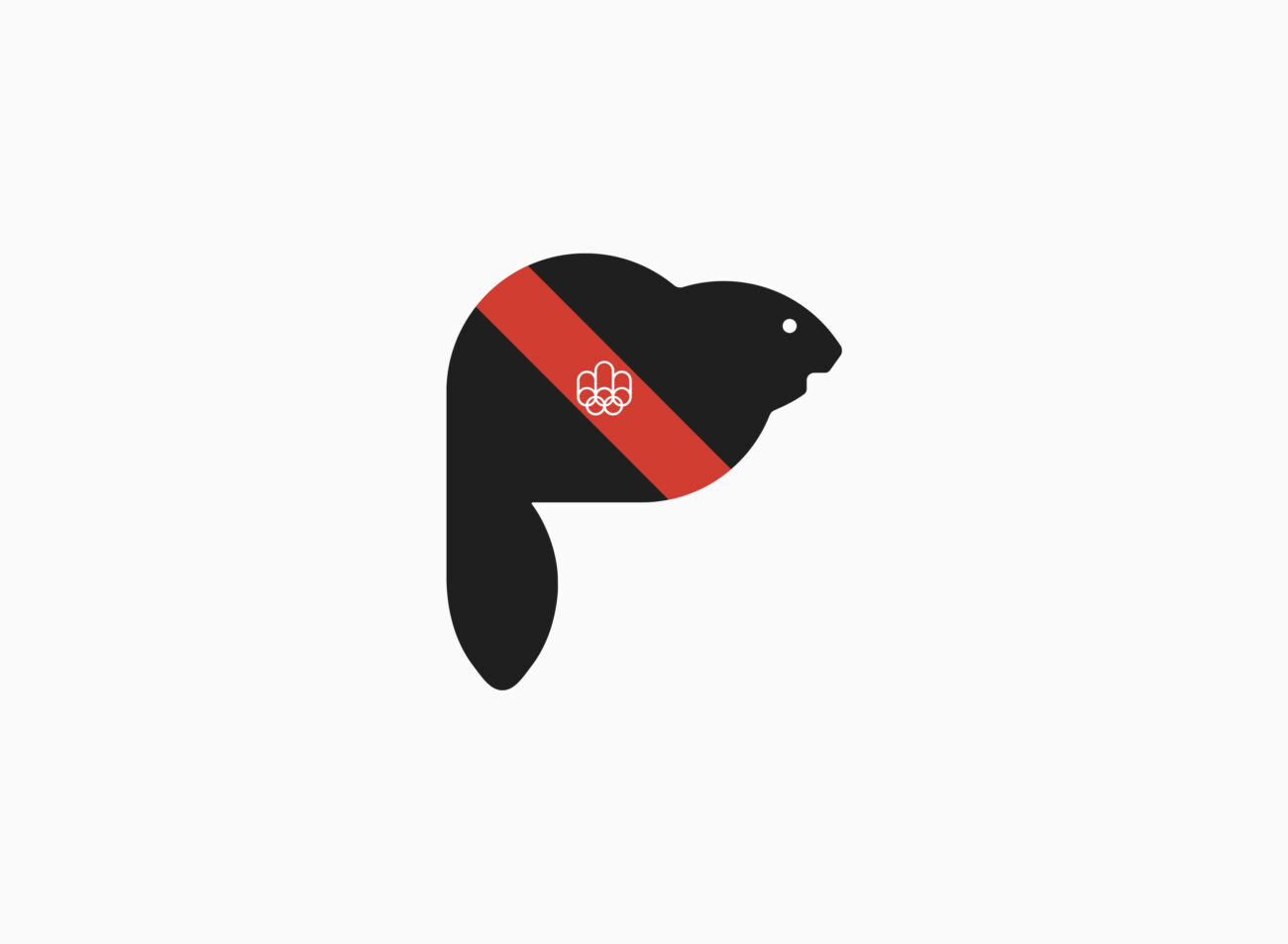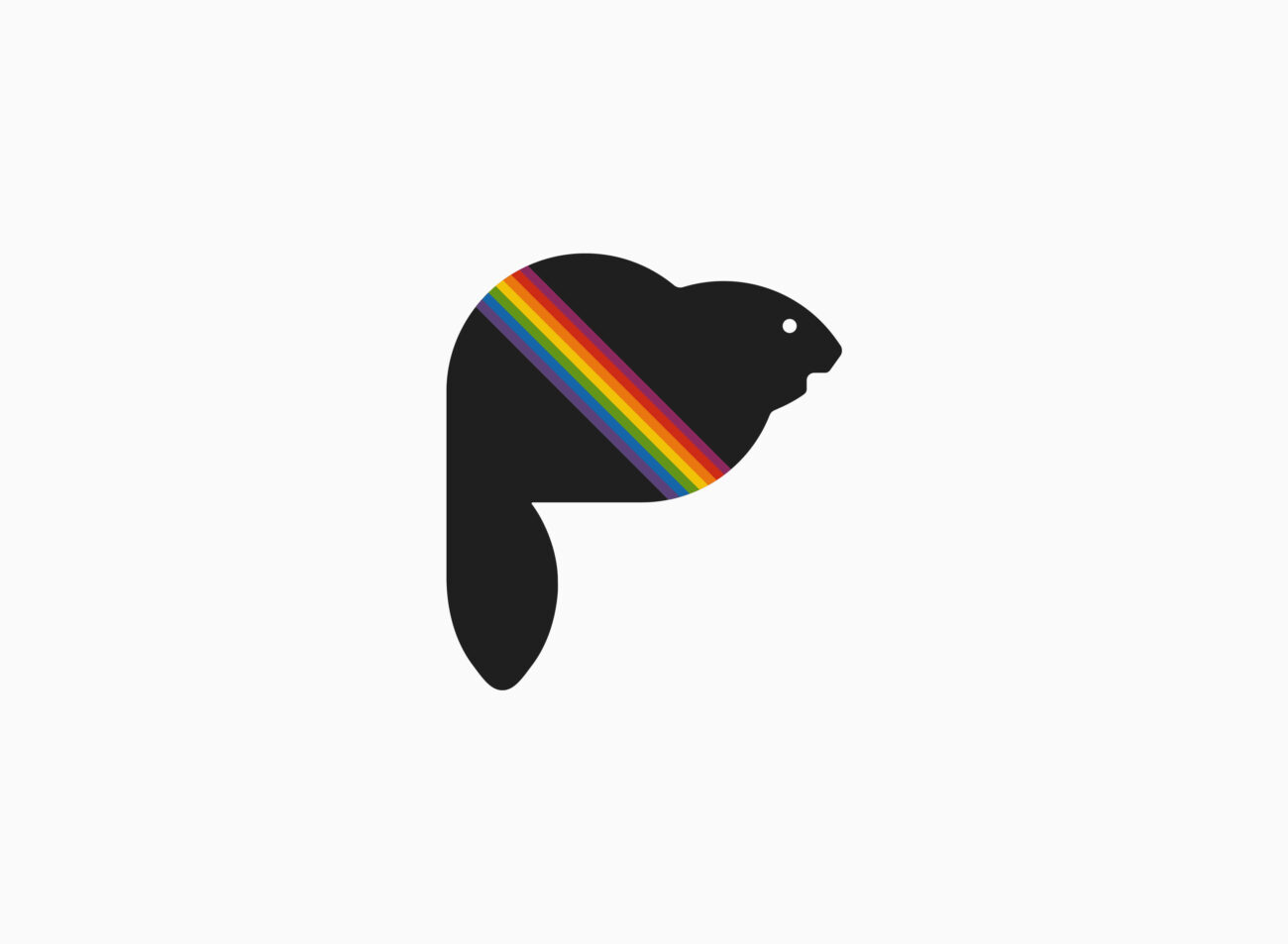Comment
The first official Olympic mascot that was ever used was ‘Smokey’, the Scottish Terrier, in the 1932 Los Angeles Summer Games. It was not for a further 40 years that the next (official) mascot would surface at the Munich games in 1972, Waldi the Dachshund. From this point on, the Olympic mascot became a permanent feature in all games that have followed — including Amik who represented the 1976 Montréal Summer Games four years later.
The word Amik means ‘beaver’ in Algonquin, a widespread language among the Indigenous people in Canada (including Anishinaabeg, Abenaki, Odawa, Innu, Wolastoqiyik (Maliseet) and Mi’kmaq). Since the 16th century when early explorers realized the profitability of the their pelts, the beaver, recognized for its remarkable patience and diligent nature, has established itself as a symbol associated with the image and sovereignty of Canada (along with the maple leaf). The beaver graces the reverse side of the Canadian five-cent coin and has been featured on several stamp releases. Additionally, it proudly adorns the coats of arms of Montréal and Kingston, the latter being the host of the game’s sailing competitions. In 1975, the beaver was given official status as an emblem of Canada.
Amik was designed by a small group, each forming part of the official graphics team at the Montréal Summer Games. Pierre-Yves Pelletier (Deputy Director-general of Graphics and Design) worked on the overall shape and geometry of Amik, whilst Guy St-Arnaud and Yvon Laroche worked on the incorporation of the final details and completion, in the form of olympic sash and rainbow. The symbol was of course overseen by Director-general Georges Huel.
All Trademarks
Go Back





